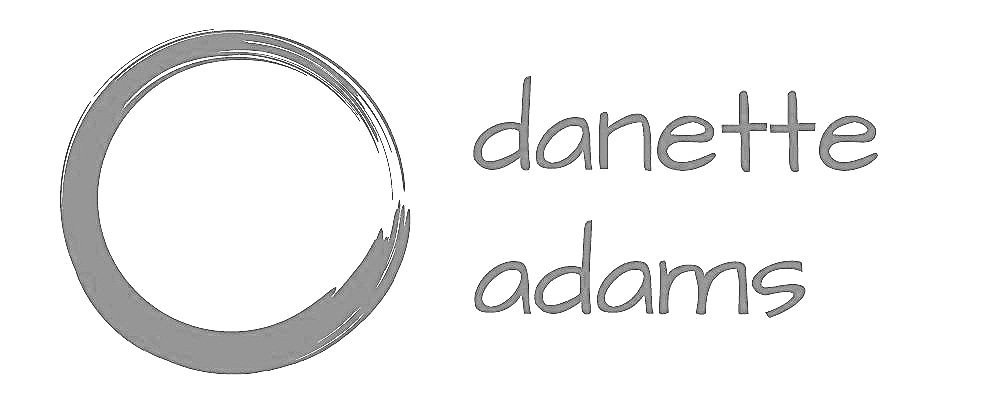the sharpest tool
“The journey of a thousand miles starts with a sharp pencil.”
(shamelessly modified Chinese proverb)
Tucked into a corner classroom, far away from the hum of row-upon-row of high school exam-takers in the large auditorium, two dozen other students, with extra time and separate space testing accommodations, are hunched over math exams, graph paper, unsolved x’s and y’s, calculators, word problems and flecks of eraser residue.
The discomfort in the room is palpable. Compulsive glances at the clock, nail-biting, deep sighs and the occasional frustrated forehead dropping down onto a desk in a moment of utter math despair. Ugh. Excuse me for a moment as I have a personal, quasi-traumatic math exam flashback.
Okay, I’m back.
As a proctor for accommodated exams for intelligent students who struggle to show what they know, my intention is to anchor the room with a calm presence so I arrive early, greet them, then stroll around the room during the exam, breathing deeply, smiling at them if they glance up at me and trying to relay with my eyes that I’m not judging them or their work since the equations all looks like Greek to me. βοηθήστε με!
Mostly I just watch them. Notice their frequent highs and lows. I notice when their anxiety becomes momentarily debilitating over a tricky question or sheer exhaustion and that’s when I’ll quietly intervene with an encouraging word or a suggestion to take a few deep breaths or a short break.
Besides the stress levels radiating from their furrowed brows, I notice an overall level of uneasy unpreparedness in the students. I’m not judging them on how many hours they studied, if they created effective study sheets or whether or not they listened attentively during the instruction portion of class time. What I see are students unconsciously, reactively sabotaging their genuine efforts with a lack of appropriate tools for the task at hand. Is there a correlation between how the students prepared for an exam with how they prepare for each day, part-time jobs, their relationships or their future?
Concrete Tools
Incredibly, some students enter the exam room with only dull-tipped stubs of once-glorious pencils or with no pencils at all. For a math exam! Did they not know they would need a pencil for a math exam? Was it due to lack of clear instruction from teachers and parents over the years about how come prepared for a math exam? Doubtful. At some point, during the long years of math classes, tests and previous exams, the concept of coming equipped with multiple decently sharp pencils must have bypassed their general knowledge file and gone missing in a cloud of random, useless facts. Yet, still many come empty-handed and ill-equipped to reluctantly face the greatest challenge of their current day; a high school math exam.
If this is how they arrive, I wonder if they even ate breakfast before the exam, stayed well-hydrated while studying, studied for reasonable periods broken up by breaks and if they got a decent night’s sleep. Often, it is the students who arrive in the nick of time, out of breath and pencil-less to the exam have also forgotten which room they’re writing in, keep most of their notes in the bottom of their back-pack or locker and have years of report card comments like “bright student who needs to work harder at handing in all assignments. And on time”. Years of short quips chronicling the life of the unprepared.
Abstract Tools
Outside the exam room just before the doors open, the following examples of students’ sabotaging self-talk were heard: “I have to do really well on this exam or I’ll be so angry with myself. Not only that but my parents will kill me”. Or the other side of the coin: “Who cares? What’s the point, I’m going to fail anyway. I just can’t do math. I don’t even care”.
This barrage of unconscious but vicious, limiting language is an act of verbal self-harm and is likely a daily language patterns that is not just pulled out for exams only. Simple but deflating words paving the path to inevitable suffering. For even if they pass or ace the exam, the language of never being “good enough” is erosive and about as ineffective as their stubby, dull pencils. But ultimately much more harmful.
So what?
I’ve encountered a disturbing attitude from teachers and parents encapsulated in “Suck it up! I made it through high school okay so you should too” or the alternative where teachers and parents overlook the lack of preparedness because the student has reached a certain age when the adults decide that they will need to learn the hard way. Through soul-crushing failure? Really? How will the parched grain of their self-acceptance be watered with a concrete, line-in-the-sand, punitive attitude from the adults in their life? Without parents and teachers seizing teachable moments, how will they ever learn?
Choosing not to engage students in the abundance of teachable moments is doing them a monumental disservice. New brain research is showing new levels of underdevelopment of the adolescent brain until their early 20’s so when a teenager appears lazy, crazy and hazy, they might not actually be. There is no magic age when a student will automatically put all the pieces together and have it all figured out. There are no concrete developmental milestones for well-honed executive functioning skills and the proof of this is the sheer number of adults who still struggle with daily organization, self-management, initiating, performing and completing a task, efficiently and effectively.
Each nano-second in the life of a frustratingly unprepared adolescent is an opportunity to teach, or re-teach a life skill for the first or millionth time. As understandably tired parents and teachers, it is still our job. The most important job we will ever have.
No coddling or rescuing is necessary. Simple emotion-free questions about how prepared or unprepared they feel before an exam or test. Asking them what tools, concrete or abstract, would increase their confidence, decrease their stress and remove the limits to their success. Asking them to recall a time when they felt prepared and how it impacted the result. Plant seeds of critical thinking, asking the big questions, noticing the long term impact of their action or inaction. Oh, and modelling increasingly developed executive functioning skills is the sail that’ll make that boat float most consistently!
If a student’s level of unpreparedness begins to interfere with daily functioning then it is time to dig deeper into the available support systems able to help maximize the teachable moments. Explore their unique learning profile, consider a professional therapist to work on strengthening weary stress coping strategies, engage a subject-specific tutor and/or student success coach for on-going academic and learning strategy and study skills development.
Help is available so no student need ever arrive to the math exam of life without having multiple, exquisitely sharp pencils in hand.


